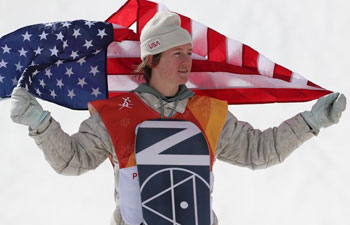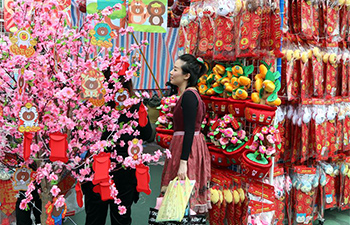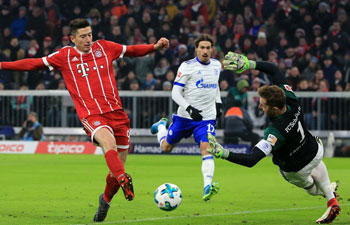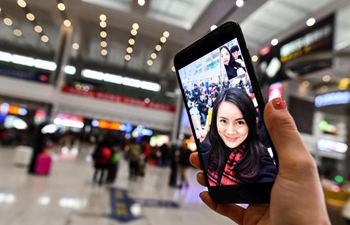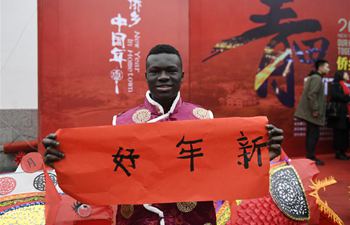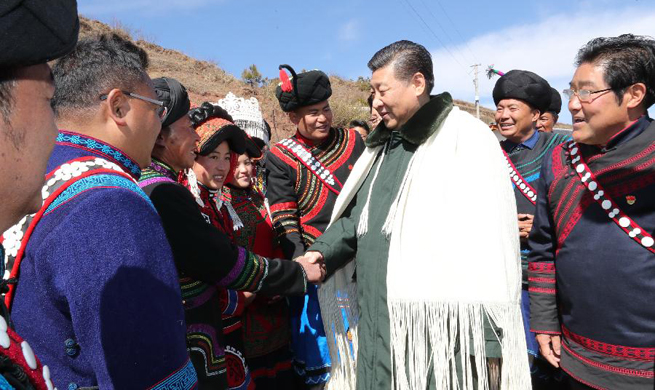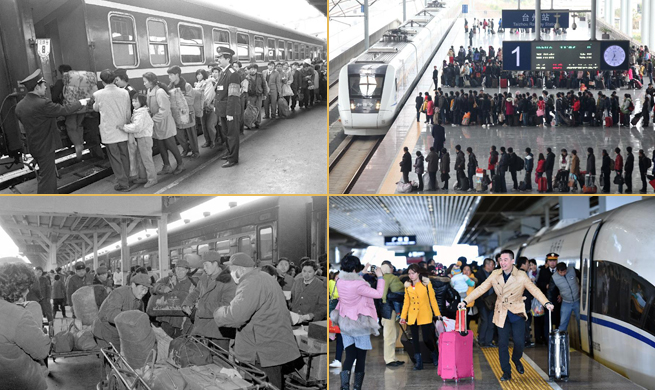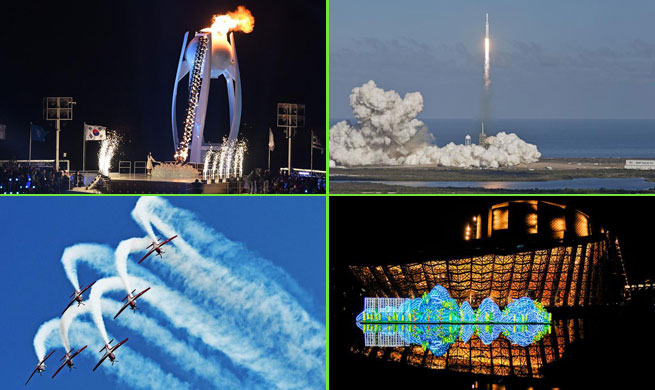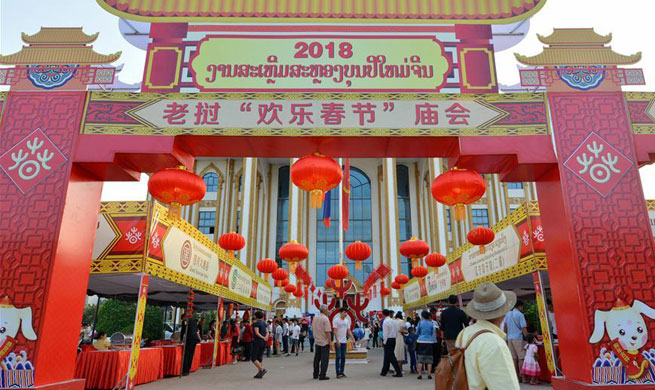by Xinhua writer Lu Rui
SEOUL, Feb. 11 (Xinhua) -- A highlight of the 23th Winter Olympics happened outside the sports venue Saturday when Kim Yo Jong, the sister of the top leader of the Democratic People's Republic of Korea (DPRK) Kim Jong Un, extended an invitation from her brother to South Korean President Moon Jae-in to visit Pyongyang.
It is the latest indication of growing detente between the two Koreas, following athletes of the two sides marching under one flag at the opening ceremony and competing against others in a joint ice hockey team.
But uncertainties remain as to whether the warming ties could continue beyond the Olympic Games, or whether another historic inter-Korean summit could take place.
PyeongChang Winter Olympics is the first international sports event hosted by the Moon administration, which has promised to make the occasion a peace festival for the two Koreas.
Moon, who endeavors to play the role as a "mediator" between the DPRK and the United States, is making great effort to sustain the momentum for inter-Korea talks and lay the foundation for direct dialogue between Washington and Pyongyang.
Meanwhile, the DPRK's dispatch of heavyweights to the games evinces its strong willing to improve ties with South Korea and ease tensions on the peninsula.
In January, when Pyongyang and Seoul were having their first high-level talks in almost two years, U.S. President Donald Trump said the United States "is behind President Moon 100 percent."
Clearly, there has come a time to see whether the pledge is matched with concrete actions or merely a lip service.
In fact, right before departing for PyeongChang, U.S. Vice President Mike Pence reaffirmed "maximum pressure" on Pyongyang, saying that Washington was mulling "toughest and most aggressive" sanctions.
Also during his stay in PyeongChang, Pence avoided any possible interaction with DPRK officials. He arrived late for a pre-opening ceremony reception hosted by Moon and stayed for only five minutes before leaving for a scheduled meeting with U.S. athletes, without even shaking hands with the DPRK delegation head Kim Yong Nam, president of the Presidium of the DPRK Supreme People's Assembly.
If the United States is earnest about its hope for peace on the peninsula, it should cancel joint military drills with South Korea after the PyeongChang games so as to preserve the growing rapprochement on the peninsula.
On the other side, it would be wise for Pyongyang not to conduct more nuclear and missile activities to make negotiations possible.
If not, the hard-won atmosphere for talks during the PyeongChang Olympics would be ruined and the peninsula situation would go back to the age-old vicious circle of tit-for-tat actions.
As Moon himself has pointed out, the inter-Korean dialogue achieved this time was like a miracle. But if the dialogue was cut off following the end of the games, it would be much harder, if not totally impossible, for the two Koreas to find another opportunity to seek dialogue.
So far, a better option for all is to strengthen communication among relevant parties based on the ongoing progress, maintain the sound momentum for all forms of talks and dialogue, and above all, try not to squander the rare chance right at hand.




